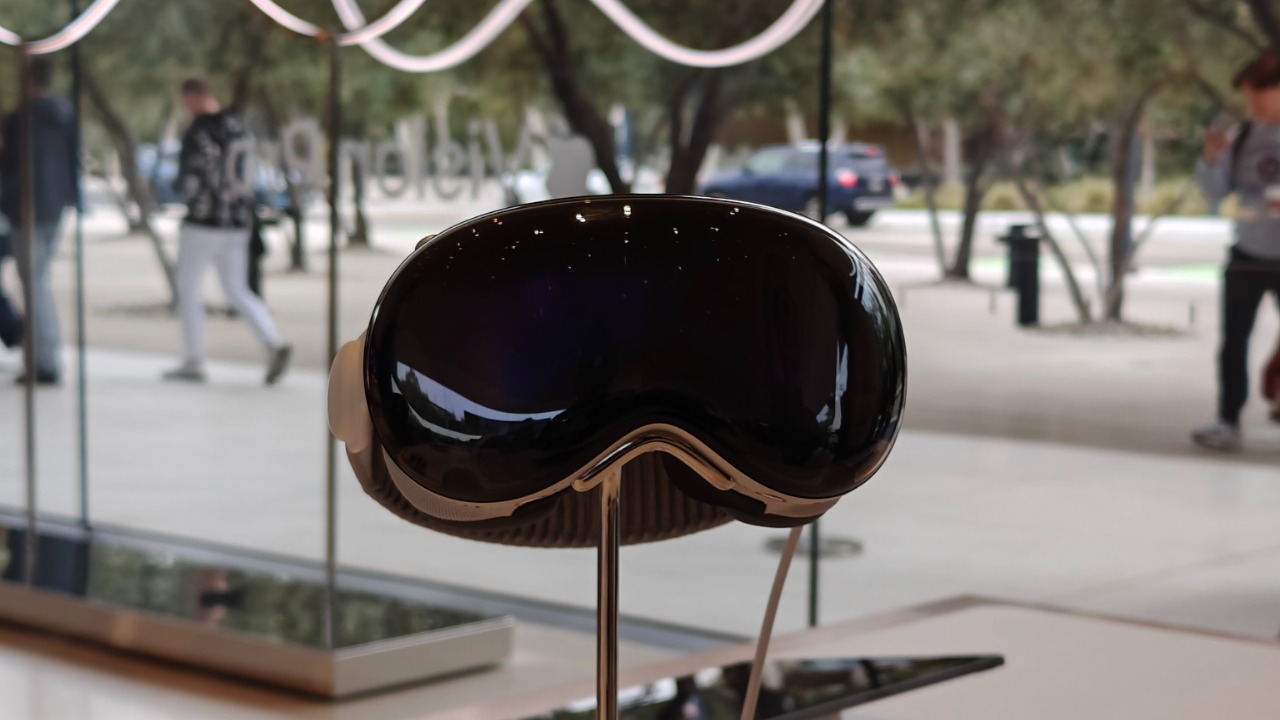
In a significant strategic shift, Apple has decided to halt its planned overhaul of the Vision Pro mixed-reality headset, including a cheaper version, to redirect resources toward the development of AI-powered smart glasses. This move is seen as a direct challenge to Meta’s offerings, with a targeted launch by 2027. This decision marks a significant pivot from the original Vision Pro strategy, which has been described as a mistake the company is now confronting.
Initial Reporting on the Pivot
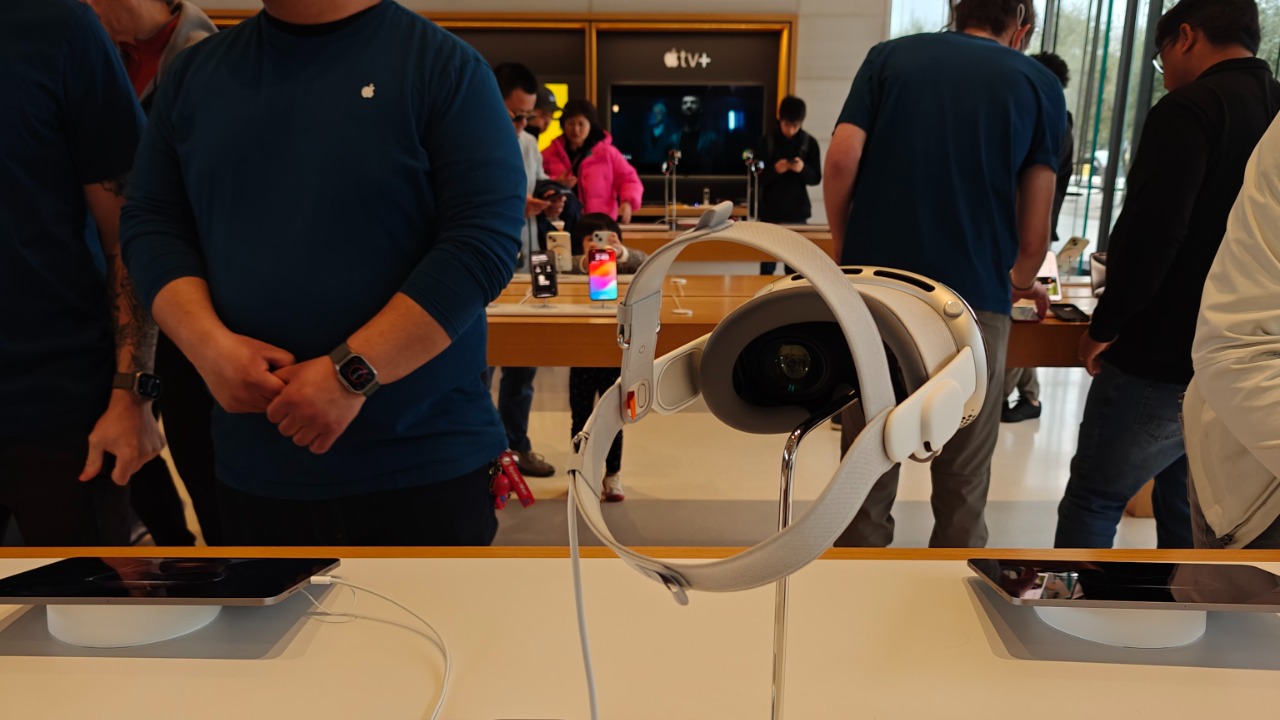
On October 1, 2025, Bloomberg reported that Apple is prioritizing the development of Meta-like AI smart glasses over a Vision headset revamp. This decision signals an abrupt halt to ongoing development efforts. Following this, Reuters confirmed that Apple has indeed halted the Vision Pro overhaul specifically to focus on AI glasses, highlighting the immediate resource reallocation.
Simultaneously, NotebookCheck reported that Apple has shelved the cheaper Vision Pro variant to develop AI smart glasses. This decision emphasizes the cancellation of affordability-focused upgrades, marking a clear shift in Apple’s strategy.
The reporting from Bloomberg and Reuters was quickly picked up by other media outlets, highlighting the significance of Apple’s strategic shift. The decision to halt the Vision Pro overhaul and prioritize AI glasses development was seen as a bold move, reflecting Apple’s determination to compete in the AI wearable market. The news was met with a mix of surprise and anticipation, as industry observers began to speculate on the potential impact of this pivot on the competitive landscape.
NotebookCheck’s report on the shelving of the cheaper Vision Pro variant further underscored the magnitude of Apple’s strategic shift. The decision to cancel affordability-focused upgrades signaled a clear departure from Apple’s previous strategy, suggesting a renewed focus on innovation and technological advancement over cost considerations.
Expansion of Development Focus
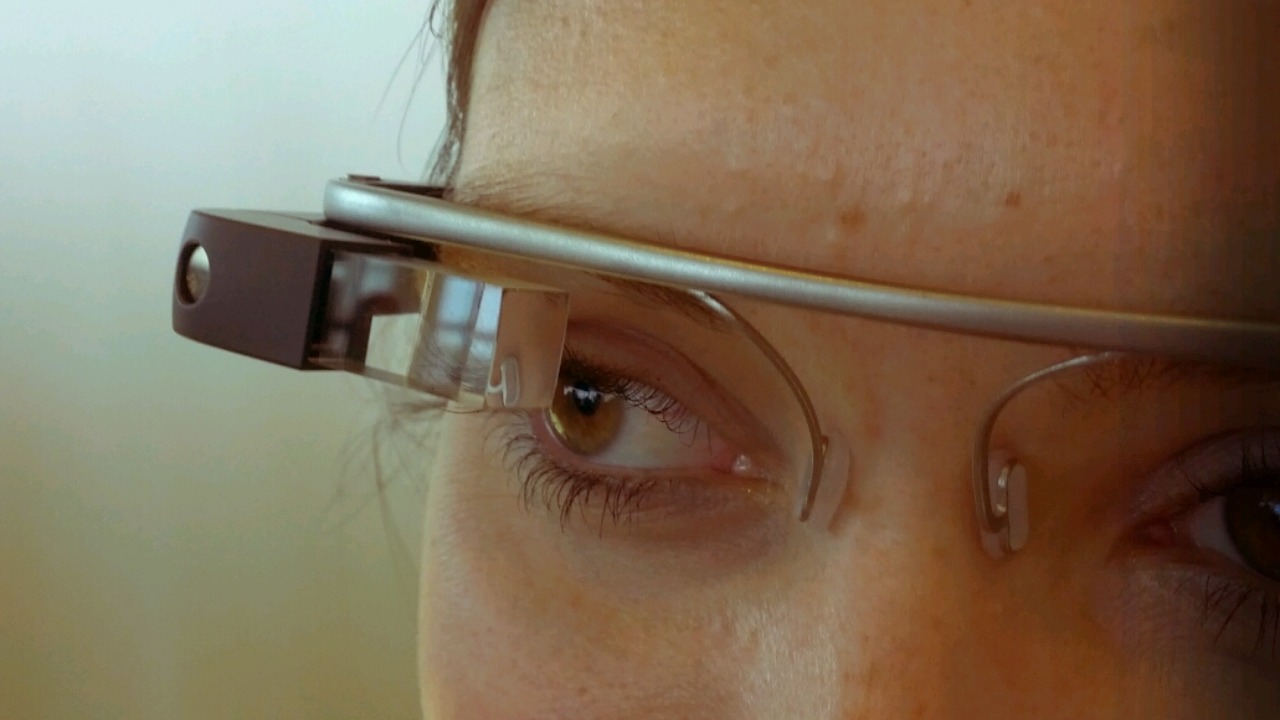
TechCrunch‘s report emphasized the significance of Apple’s decision to abandon the Vision Pro overhaul in favor of AI glasses. This move was seen as a clear indication of Apple’s intent to redefine its approach to wearable technology, with a focus on developing cutting-edge AI capabilities. The report also suggested that Apple’s pivot could potentially disrupt the existing market dynamics, challenging Meta’s dominance in the AI wearable space.
TweakTown and WebProNews’s reports further highlighted the strategic implications of Apple’s decision. By positioning its AI glasses as a direct competitor to Meta’s offerings, Apple is not only expanding its development focus but also reshaping its competitive strategy. The 2027 timeline for the rollout of the AI glasses underscores Apple’s commitment to this new strategic direction, suggesting a sense of urgency in its development efforts.
Context of the Vision Pro’s Challenges
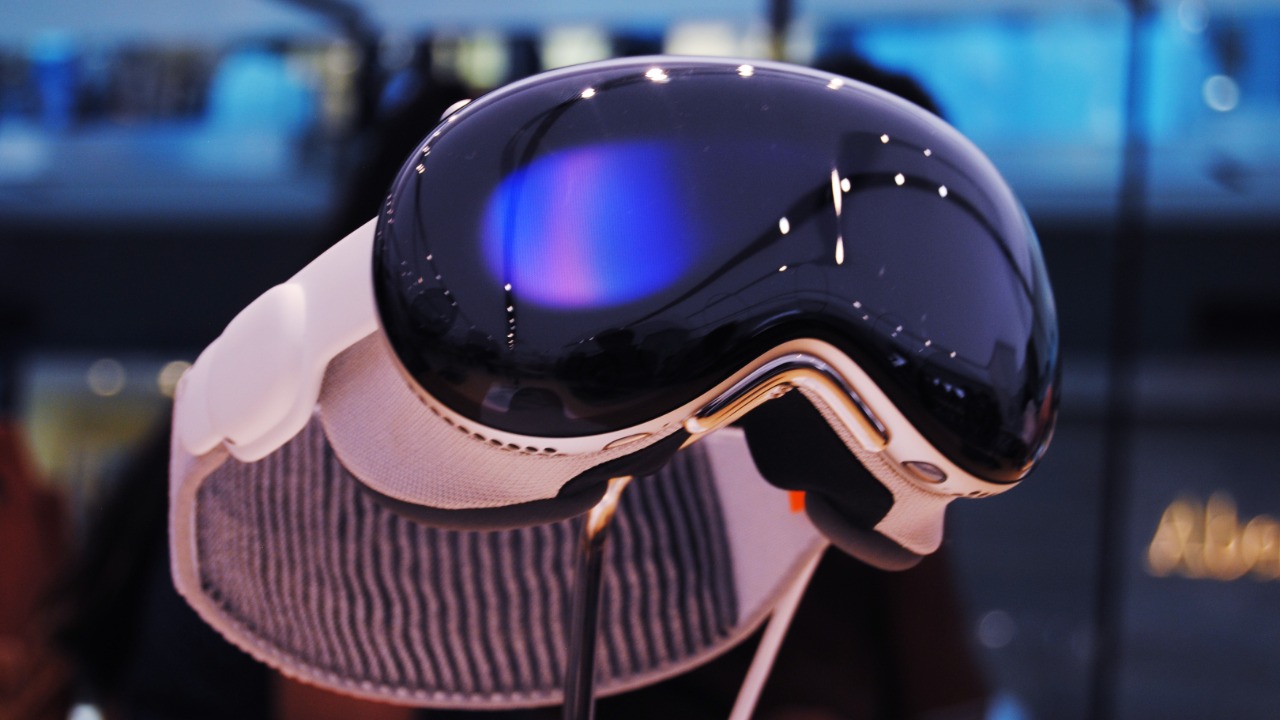
The pivot addresses the Vision Pro’s underperformance since its launch, now framed as a mistake Apple is confronting through this resource redirection, as reported by Spyglass. The decision to halt the Vision Pro overhaul represents a significant change in Apple’s strategy, acknowledging the challenges faced by the product in the market.
Earlier plans for a cheaper Vision Pro, aimed at broadening accessibility, have been fully shelved as of October 1, 2025, to avoid diluting focus on emerging AI wearables, according to NotebookCheck. This decision underscores Apple’s commitment to its new strategic direction.
Spyglass’s report on Apple’s decision to halt the Vision Pro overhaul provided a critical perspective on the challenges faced by the product since its launch. The report suggested that the Vision Pro’s underperformance was a key factor in Apple’s decision to pivot, indicating a willingness to learn from past mistakes and adapt its strategy accordingly. This reflects a level of strategic flexibility that is crucial in the rapidly evolving tech industry.
NotebookCheck’s report on the shelving of the cheaper Vision Pro variant further underscored the challenges faced by the product. The decision to abandon plans for a more affordable version of the Vision Pro suggests that Apple is prioritizing technological innovation over market expansion. This could potentially impact the company’s market positioning, as it shifts its focus from broadening accessibility to developing advanced AI capabilities.
Implications for Apple’s AR/VR Strategy
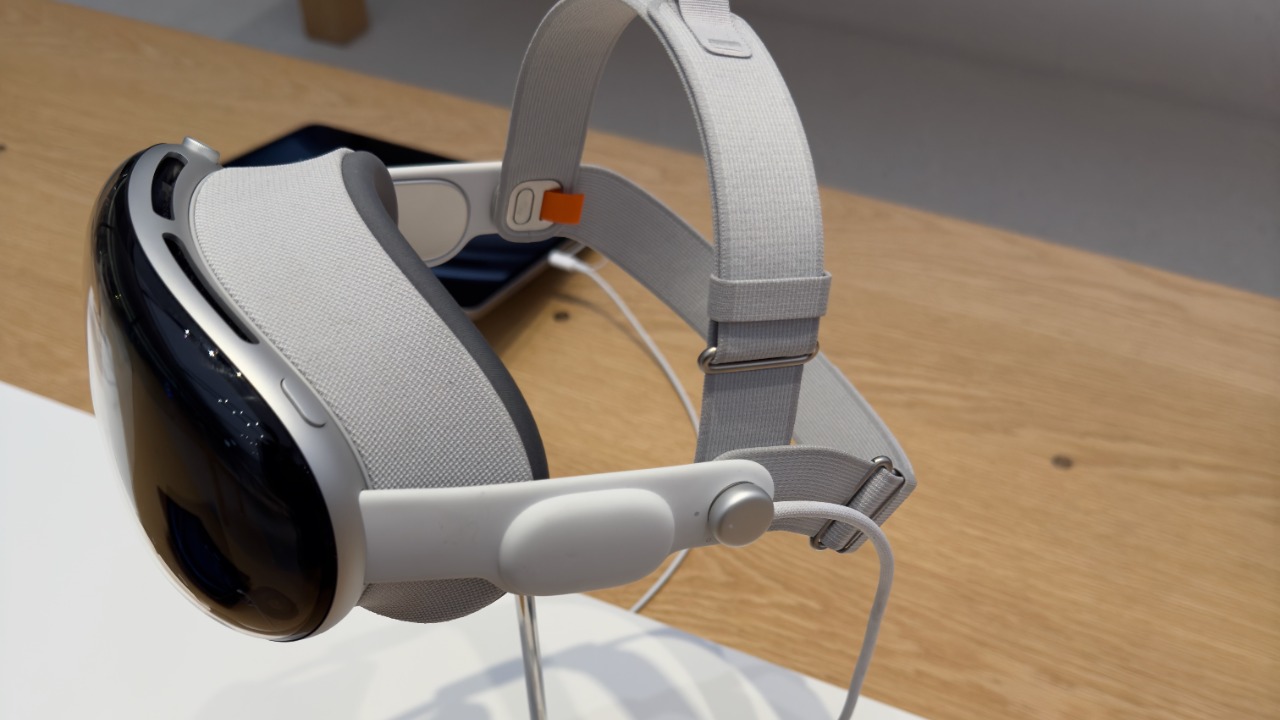
This change prioritizes lightweight AI glasses over bulky headsets, moving away from the Vision Pro’s mixed-reality approach to compete directly with Meta’s AI-integrated eyewear, as reported by Bloomberg. This shift represents a significant change in Apple’s AR/VR strategy, aligning more closely with current market trends.
The 2027 target for AI smart glasses launch represents an acceleration in Apple’s wearable innovation, contrasting with stalled Vision Pro updates, according to WebProNews. This timeline indicates Apple’s commitment to fast-track the development and launch of its AI glasses.
Bloomberg’s report on Apple’s strategic shift highlighted the potential implications for the company’s AR/VR strategy. By prioritizing the development of lightweight AI glasses over bulky headsets, Apple is aligning its strategy with current market trends, potentially positioning itself as a leader in the AI wearable space. This shift could have significant implications for the future of AR/VR technology, potentially influencing the direction of the industry as a whole.
WebProNews’s report on the 2027 timeline for the AI glasses launch further underscored the implications of Apple’s strategic shift. The accelerated timeline suggests a sense of urgency in Apple’s development efforts, contrasting with the stalled Vision Pro updates. This could potentially signal a shift in Apple’s approach to product development, with a focus on speed and innovation over incremental upgrades.
Stakeholder Reactions and Market Impact
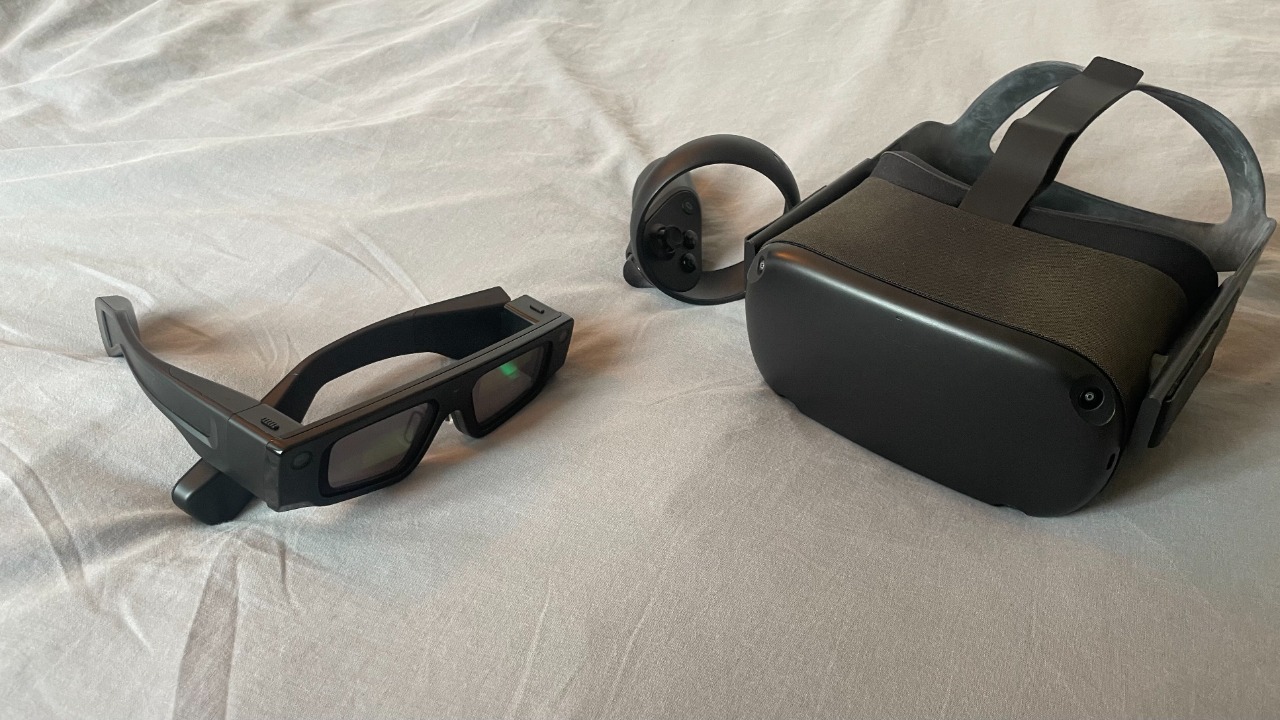
Reuters’s report on the reallocation of resources within Apple following the halt of the Vision Pro overhaul provided insight into the internal reactions to the strategic shift. The report suggested that Apple’s internal teams are adapting quickly to the new strategic direction, indicating a high level of organizational agility. This could potentially enhance Apple’s competitive advantage, as it allows the company to respond quickly to market changes and seize new opportunities.
TweakTown’s report on the potential market impact of Apple’s focus on a Meta rival highlighted the potential for increased competition in the AI wearables market. The report suggested that Apple’s entry into the market could potentially disrupt Meta’s dominance, reshaping market dynamics and creating new opportunities for innovation. This could have significant implications for the future of the AI wearables market, potentially influencing the direction of technological development and consumer trends.
Future Outlook for AI Glasses
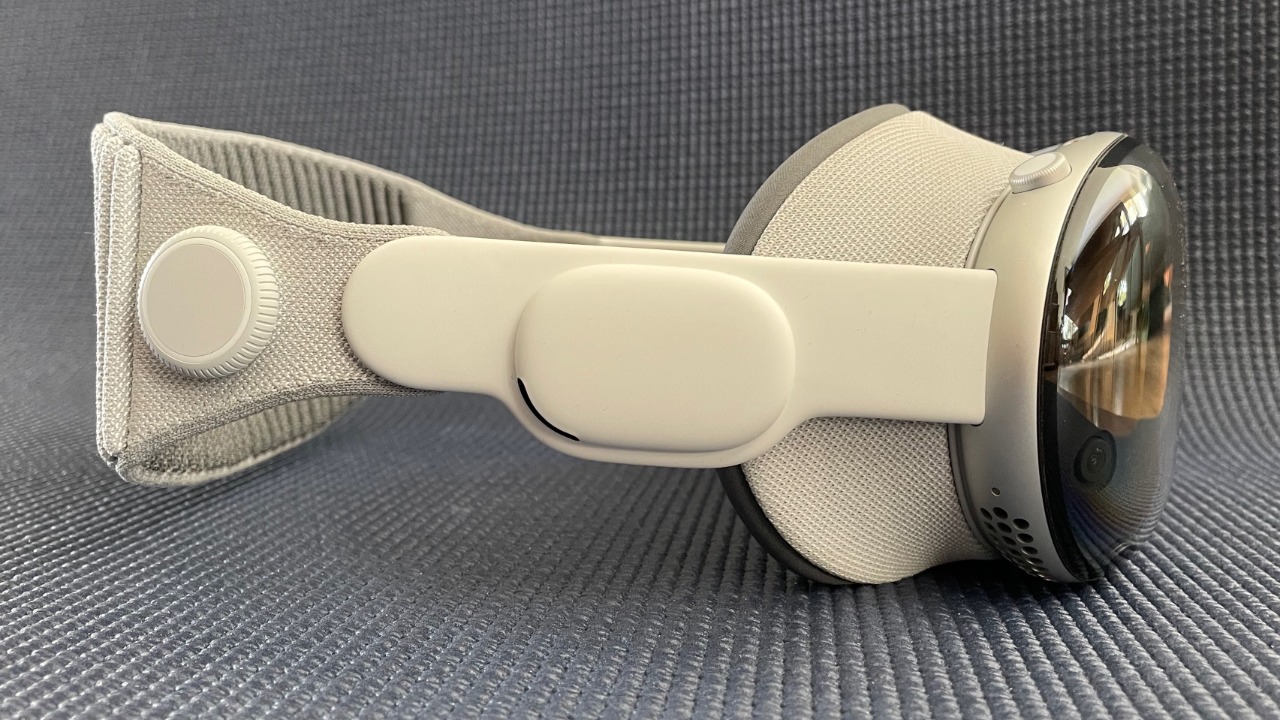
Development emphasizes AI features in smart glasses, building on lessons from the Vision Pro’s high-cost, complex design, as reported by TechCrunch. This focus on AI capabilities represents a significant shift in Apple’s product design philosophy.
By 2027, these glasses are expected to integrate advanced AI capabilities, marking Apple’s corrected course from the Vision Pro’s perceived misstep, according to Spyglass. This timeline indicates Apple’s commitment to overcoming past challenges and delivering a competitive product in the AI glasses market.